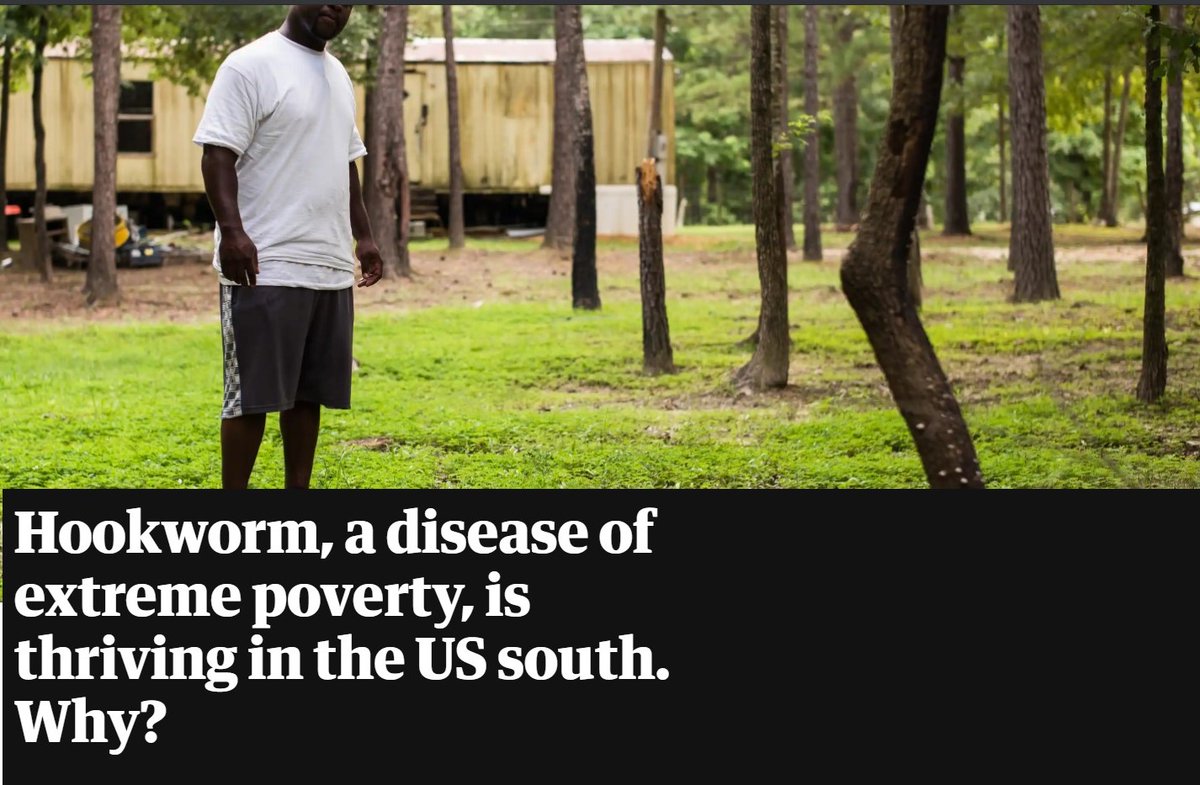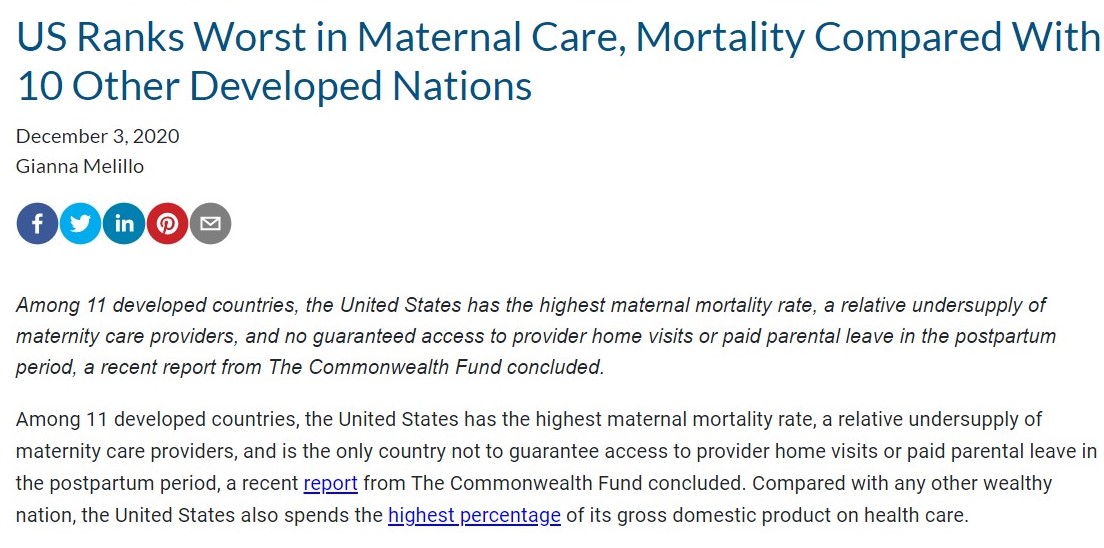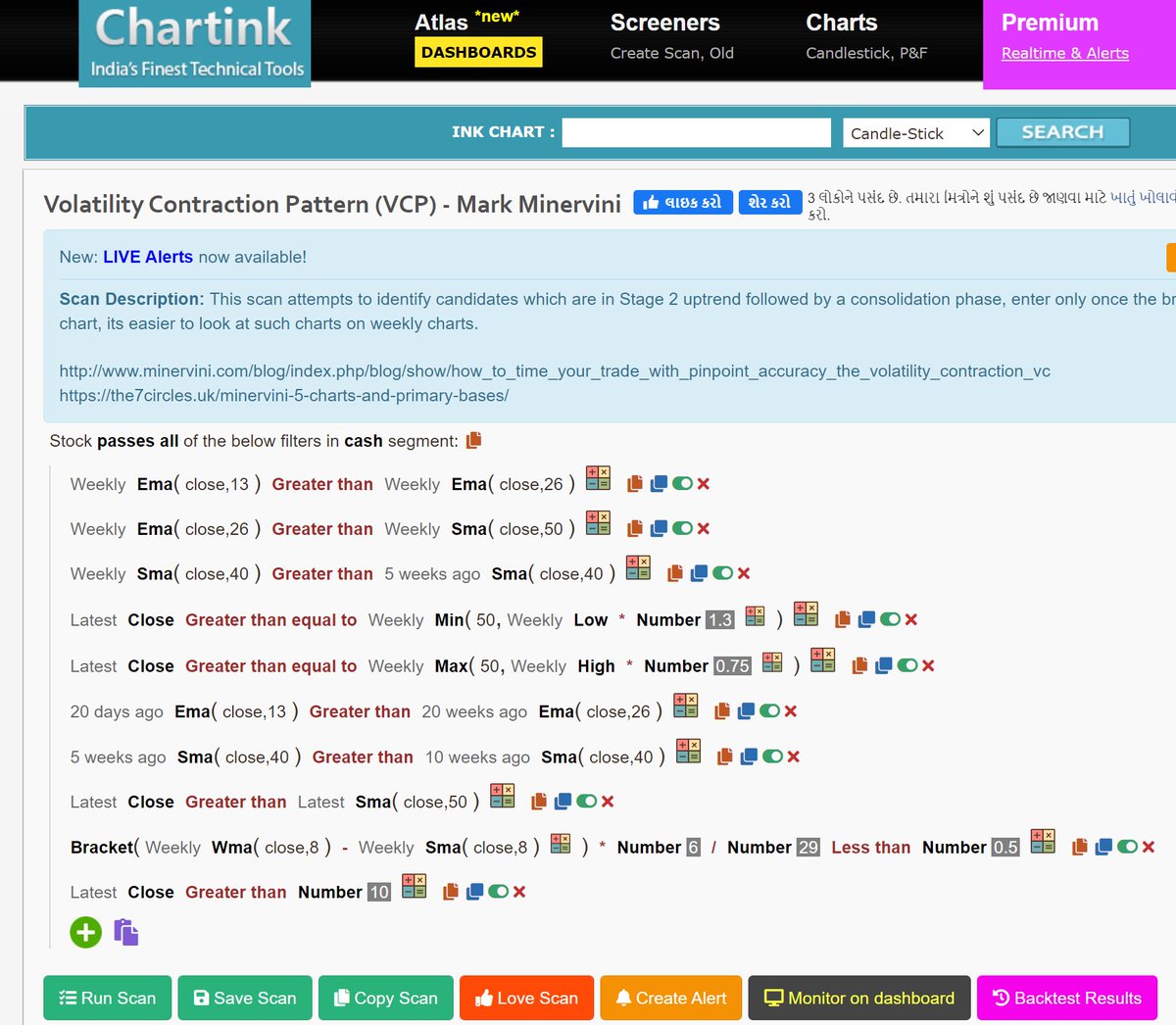https://t.co/UCvUCT9rru
The stunning announcement of >$6B in philanthropic donations in one year by @mackenziescott deserves wider
https://t.co/UCvUCT9rru
Important first to put the $6B total in context. Total grantmaking in 2019 by @darrenwalker at the @FordFoundation was ~$350M. Total at @Hewlett_Found was ~$450M.
So @mackenziescott is ~15x some of the largest and most discussed foundations.
No address. No website. No known staff. We don't even know much about the entities she's using -- DAFs, LLCs, private foundation?
https://t.co/y4kLry4XOT
*Proves it's not that difficult to give away a billion dollars.
*No strings attached giving - all general operating support over multiple years
*No reporting requirements, AFAIK

Her preferences, and hers alone, determine a flow of $6b into American civil society.
Despite the astonishing ~6B in giving, she's almost certainly far wealthier at the end of 2020 than she was at the start. Amazon stock's value has soared.

Contrary to popular opinion, philanthropy is not the exercise of liberty to give away your own money. It's a tax-subsidized exercise of liberty.
Here's the latest: https://t.co/tQ0aYrq59z
"Doctors say they've received calls from their well-off clients asking if they can have early access to the extremely limited supply of vaccine doses in exchange for a financial contribution to a hospital or charity."
— Anand Giridharadas (@AnandWrites) December 21, 2020
How noble, these donors. https://t.co/DLnjm8UY56
People to follow: @Philanthropy @InsidePhilanthr @AnandWrites @nkulish @SSIReview @HistPhil @Philliteracy @p2173
More from Society
Sandbank Danger, A Thread

Controversy Has Been Caused By The Digging Of A Narrow Channel By A Resort On A Sandbank Near K. Hinmafushi.

Hinmafushi Council President Shan Ibrahim Stated To Sun That The Resort, Which Dug The Trench Creating A River On The Sandbank, Did Not Have Ownership Over The Sandbank.
Officials From The Island Of Hinmafushi Had Traveled To The Sandbank To Stop The Process Of Digging The Trench When They Became Aware Of It, Said Shan.
Officials Were Now Redepositing The Sand Removed From The Sandbank.

Controversy Has Been Caused By The Digging Of A Narrow Channel By A Resort On A Sandbank Near K. Hinmafushi.

Hinmafushi Council President Shan Ibrahim Stated To Sun That The Resort, Which Dug The Trench Creating A River On The Sandbank, Did Not Have Ownership Over The Sandbank.
Officials From The Island Of Hinmafushi Had Traveled To The Sandbank To Stop The Process Of Digging The Trench When They Became Aware Of It, Said Shan.
Officials Were Now Redepositing The Sand Removed From The Sandbank.
— Ahmed Aznil (@AhmedAznil) January 21, 2021











![Peter McCormack [Jan/3\u279e\u20bf \U0001f511\u220e]](https://pbs.twimg.com/profile_images/1524287442307723265/_59ITDbJ_normal.jpg)














